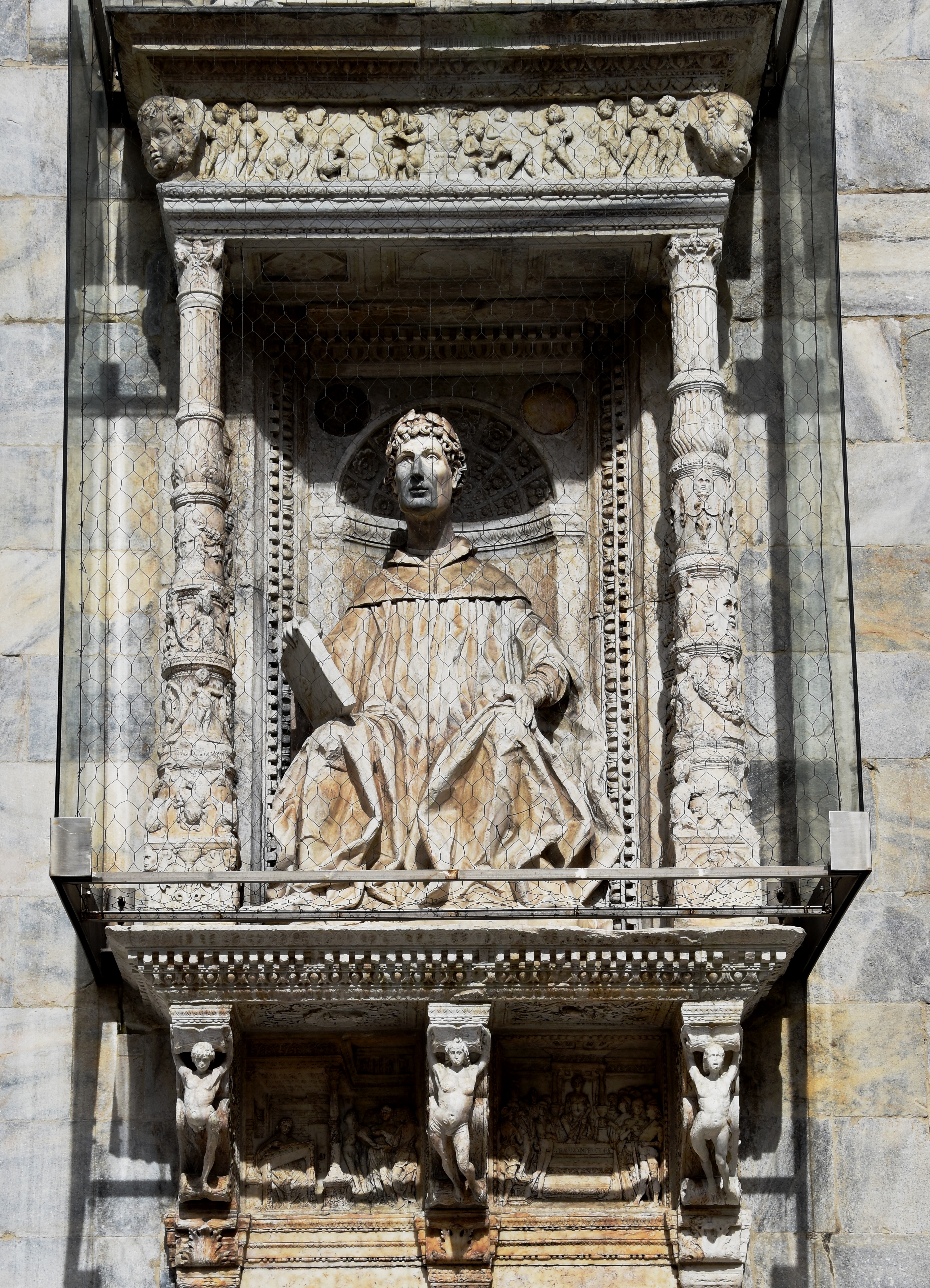“Character lies more concealed, and out of the reach of common observation.”
Vita hominum altos recessus magnasque latebras habet.
Letter 3, 6.
Letters, Book III
